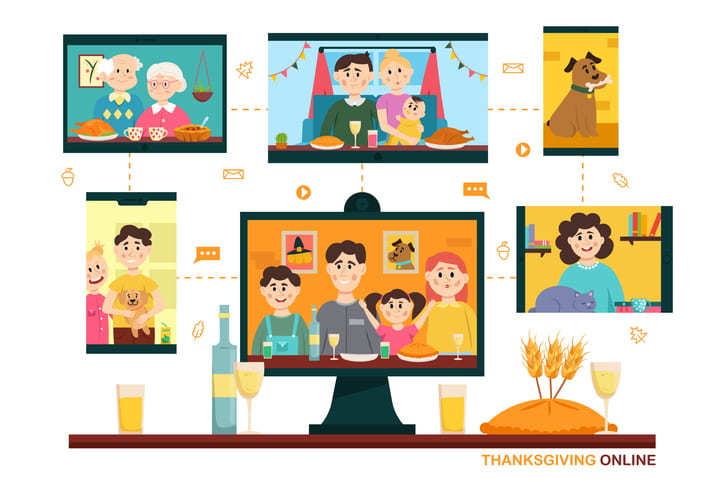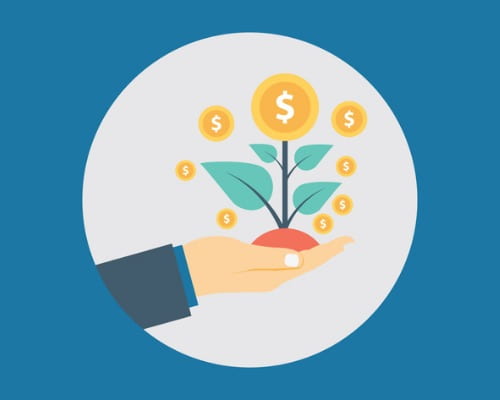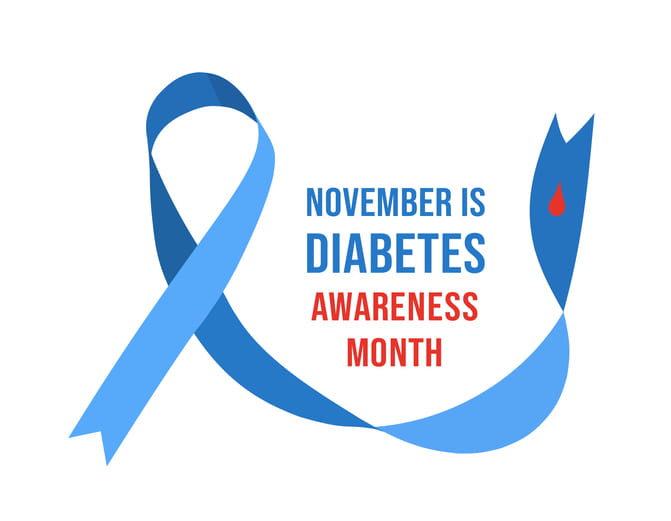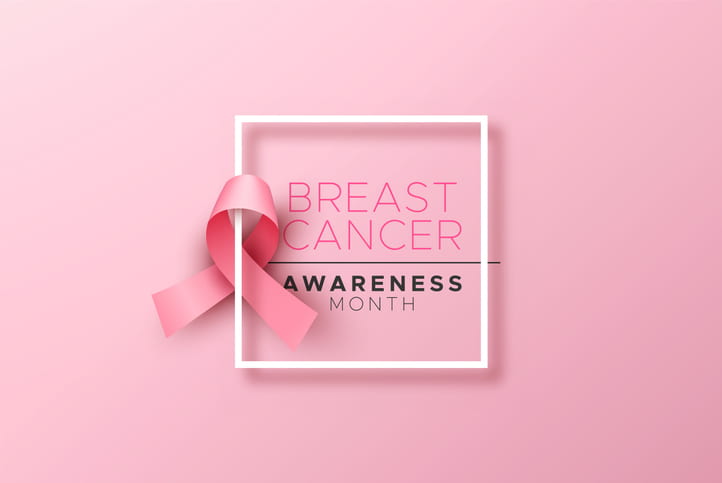Breast cancer is by far the most common cancer in women worldwide, both in developed and developing countries.1 To mark world awareness of the disease, pink ribbons adorn shopping bags, advertisements and even food items marking Breast Cancer Awareness. Take time this month to review FAQs about breast cancer and see if you’re eligible for a free screening.
Is Breast Cancer Screening Covered?
The two tests commonly used to screen for breast cancer are the mammogram and a clinical breast exam (CBE). Under the GW HSP and PPO medical plans, one mammogram per year is covered at 100% at age 40 and over. If you are at a higher risk of breast cancer, your doctor might want to use other tests too, such as a different type of mammogram or magnetic resonance imaging (MRI). The National Cancer Institute recommends that:
Women 40 years and older should get a mammogram every one to two years.
Women who have had breast cancer or other breast problems or who have a family history of breast cancer might need to start getting mammograms before age 40, or they might need to get them more often. Talk to your doctor about when to start and how often you should have a mammogram.
Is It Possible to Prevent Breast Cancer?
Many factors over the course of a lifetime can influence your breast cancer risk. You can’t change some factors, such as getting older or your family history, but you can help lower your risk of breast cancer by taking care of your health in the following ways—
- Keep a healthy weight.
- Exercise regularly.
- Don’t drink alcohol, or limit alcoholic drinks to no more than one per day.
- If you are taking, or have been told to take, hormone replacement therapy or oral contraceptives (birth control pills), ask your doctor about the risks and find out if it is right for you.
- Breastfeed your children, if possible.
- If you have a family history of breast cancer or inherited changes in your BRCA1 and BRCA2 genes, talk to your doctor about other ways to lower your risk.
What Steps Should I Take if Breast Cancer Runs in My Family?
There’s no way to know whether you’ll get breast cancer even if it runs in your family. According to the American Cancer Society, most women who develop breast cancer don’t have any relatives with the illness. But it’s true that a family history of breast cancer does increase your risk.2
If your family history raises red flags, start by talking with your doctor about your family health history. That includes both sides — your mother’s and your father’s. Along with other factors, this can help your doctor evaluate your risk.
If you’re at an increased risk of developing breast cancer, you and your doctor can discuss your options.
They may include:
- A close eye. You may need earlier and more frequent breast exams. This stepped-up monitoring can help find cancer early — and boost the chances of successful treatment. Talk to your doctor about what tests you need and how often you should get them.
- Genetic testing. Women who test positive for an inherited gene may choose more aggressive screening and treatment options.
- Over time, estrogen exposure can affect the risk of breast cancer. For women at high risk, doctors may prescribe certain medicines that act against this hormone.
- Surgery – for women at high risk. Some women may consider preventive surgery. A double mastectomy — removing both breasts — may significantly lower the risk. So might removal of both ovaries in premenopausal women in this group.
These steps aren’t right for everyone. They are typically not recommended for women at average risk. Your doctor can help you determine what’s right for you. Be sure to check your benefit plan to see what services may be covered.
How Can I Support My Friend/Family Member with a Recent Diagnosis?
Many studies have found that cancer survivors with strong emotional support tend to better adjust to the changes cancer brings to their lives, have a more positive outlook, and often report a better quality of life. Research has shown that people with cancer need support from friends. You can make a big difference in the life of someone with cancer.3
Send brief, frequent notes or texts, or make short, regular calls. Include photos, kids’ drawings, silly cards, and cartoons.
Schedule an ongoing virtual visit that allows you to give physical and emotional support for your friend.
Try to refrain from offering medical advice or your opinions on things like diet, vitamins, and herbal therapies.
1https://www.who.int/cancer/events/breast_cancer_month/en/
2 https://www.uhc.com/health-and-wellness/health-topics/cancer/breast-cancer/family-history
3https://www.cancer.org/treatment/caregivers/how-to-be-a-friend-to-someone-with-cancer.html


















